It seems like it’s all over the news. The opioid crisis is ravaging communities. Another celebrity dies of an overdose. Another teenager takes his own life. Grief is always hard no matter how a loved one has died, but for those who are grieving the loss of a loved one to overdose or suicide, there is an added dimension to grief. For one, it seems like the death could have been somehow avoided. For another, the death leaves those left behind with many questions; none of them easy to answer.
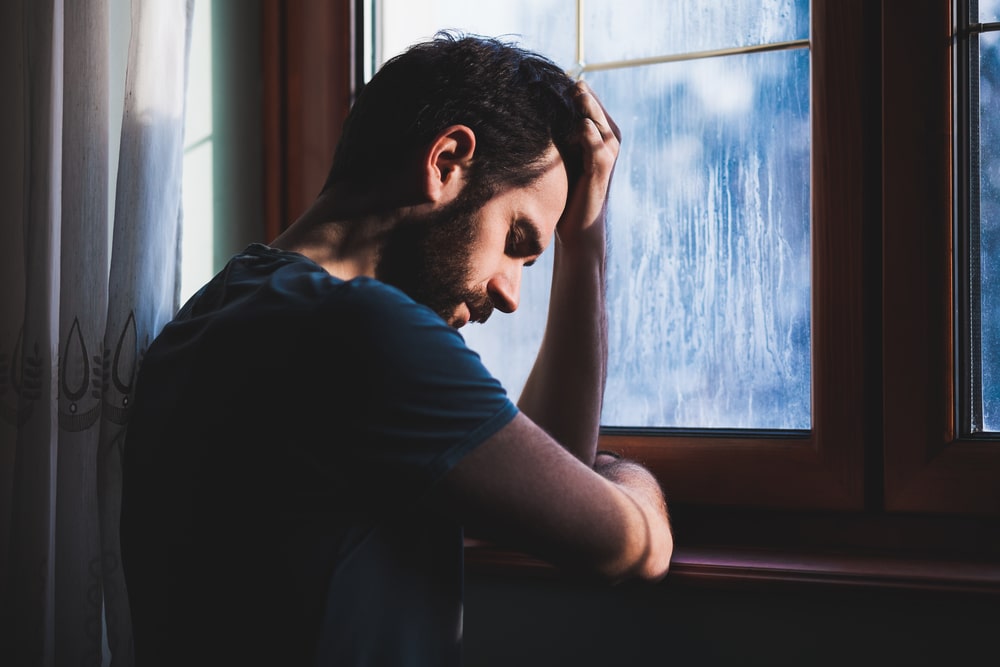
As a society, we tend to avoid things that make us uncomfortable or that don’t fit into neat categories. Typically, the death of a loved one fits into a category that is easily understood: chronic illness, accident, injury, heart disease, cancer, old age, etc. But death brought on by addiction or suicide can leave us at a loss as to how to react. Because of this, those grieving the loss of a loved one to overdose or suicide have added hurdles in the grief journey. However, just because the grief looks different doesn’t mean that what you are feeling isn’t completely normal.
Let’s discuss some of the common feelings associated with losing a loved one to overdose or suicide.
The Death Feels Avoidable
In the cases of overdose and suicide, the death feels like it was preventable. You may be plagued by considering all the “what ifs” and “if onlys.” If only I had known. If only I had gone to see them that day. What if I had shown them how much I cared? What if I had done more? There is a sense that somehow, in some way, what happened is your fault. You feel that you could have done something to prevent the death of your loved one. While the death may have been preventable to a degree, it is not your fault. In most cases, it is a culmination of many things, not the actions or inactions of one person.
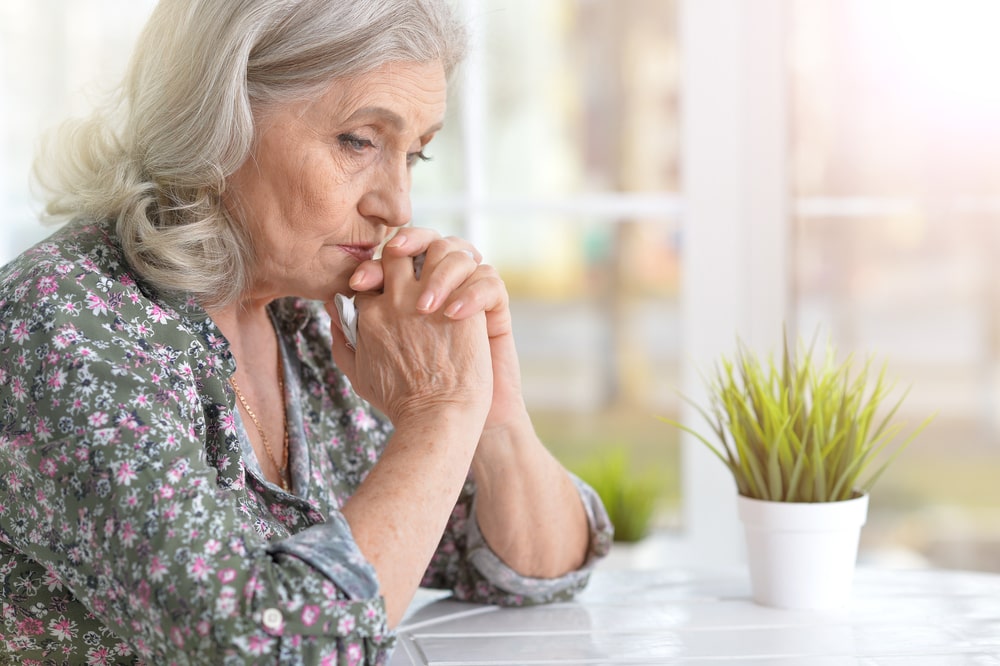
Guilt Sets In
For many families and friends dealing with suicide or overdose loss, guilt is an unwanted companion to grief. While the feeling is the same, the expression looks different for every person.
- Guilt sets in because you feel that you could have done more to help.
- You feel that it is somehow your fault that the person who has died developed an addiction or decided that suicide was the only option.
- You feel guilty because you feel relieved. It’s hard to deal with an addiction that impacts family and friends for years on end, so when the person is gone, there is a sense of relief, which is then accompanied by a sense of guilt.
All of these are natural reactions, depending on you and your circumstances. These emotions do not mean you did not love the person who died. They are simply what you feel, and it’s okay.
Anger Shows Up
Oftentimes, when a loved one dies due to suicide or overdose, we become angry because it feels like the one who died had a choice in the matter. They didn’t have to die. You might feel angry that the person didn’t try harder. Or, you might be angry at the drug dealer who enabled the addiction or the bullies who made your loved one feel that there was no other way. You may even feel anger toward any medical staff or first responders involved because they couldn’t do more to save your loved one. If you are feeling angry, you’re not alone. For many people, anger is a normal and natural response to loss.

Shame Sneaks In
Shame sneaks into our grief and tries to make us feel like our loss is less than or not worth mentioning. This adds a new level of emotional distress. Both suicide and overdose deaths fall into a type of grief called disenfranchised grief. Losses of this kind are largely unacknowledged by society and are often mourned in secret. Ken Doka, who coined the phrase, says that disenfranchised grief is “Grief that persons experience when they incur a loss that is not or cannot be openly acknowledged, socially sanctioned or publicly mourned.”
Because we may not want to publicly talk about a loved one who committed suicide or was an addict, negative emotions may take hold inside, and a sense of shame may develop. We feel that our loved one’s death is something we should not talk about – something that we should hide.
A person may feel shame because:
- A family member suffered from an addiction or committed suicide.
- They feel that they enabled the person who died.
- They feel that they didn’t do enough to help.
- Other people think that the person who has died is less worthy of mourning due to the circumstances of their death.
- They feel judged by others because of their lost loved one’s struggles.

Blame Separates Us From Each Other
A recent survey found a greater incidence of blame between the parents of a child whose death was related to drugs or suicide. The study found that of the blame comments they researched, 64% blamed the child who died while 36% blamed a parent. And nearly 50% of parents who lost a child to overdose or suicide report that their significant other blames them for the death.
Built on similar emotions as guilt or shame, blame works to separate us from each other. When something happens that we can’t control, we automatically look for someone to blame. You may blame the person who first introduced your loved one to drugs. It may be that you blame yourself for not seeing the struggle sooner or doing more. You may even blame the person themselves for not fighting harder or for letting others bring them down.
That is a lot of hurt and blame going around. As you process through your grief, know that blaming others feels like a natural reaction, but isn’t necessarily helpful. Instead, work through your emotions, seek support from your family, and move toward reconciling yourself to the loss. Remember, it’s not about “moving on” or “getting over it.” Instead, reconciliation allows us to find a “new normal” that works for us.
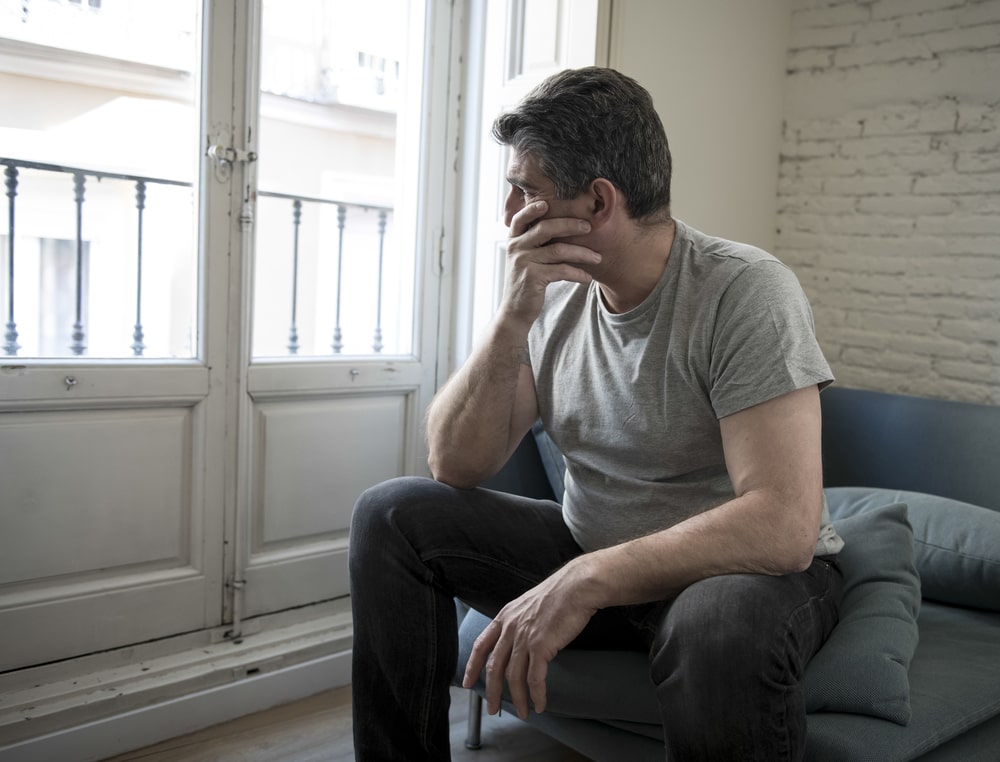
Stigma Isolates
As if blame, shame, and guilt weren’t enough, there is a certain stigma that grievers often feel after losing a loved one to overdose or suicide. Because society at large often views overdose and suicide with negativity rather than compassion, those who are grieving feel the need to suffer in silence, leading to isolation.
This stigma from the outside world may lead mourners to:
- Not talk about the loss of their loved one.
- Be reluctant about showing their emotions about the loss.
- Shy away from counseling or joining support groups.
- Hesitate to ask friends or family members for support.
As a society, we are becoming more aware of our own biases, but for so many, the stigma remains. But if you are in the midst of grieving, remember that you have the right to mourn. The manner of death does not negate the value of the person who lived or the love you felt for them.
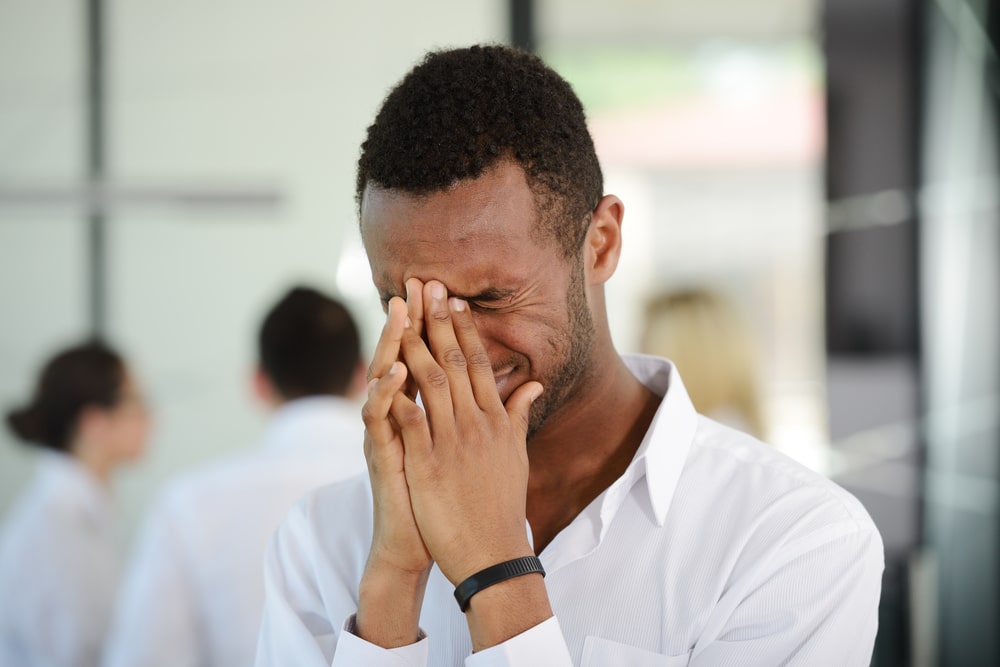
Fear or Anxiety Rises
After a traumatic loss by suicide or overdose, you may feel an increased amount of fear or anxiety. You may fear that a family member will also die in a similar way. Or, you may feel anxious about your relationships and wonder if surviving family members are keeping their internal struggle or habit a secret. This type of fear and anxiety causes some people to try to control others, as a means of protecting them. While it is good to want to protect your loved ones, be careful not to overdo it. If you find that anxiety is interfering with your work life, family life, or the health of your relationships, consider speaking with a counselor who can help you process through these complex emotions.
Depression Takes Hold
Lastly, depression can be triggered by grief, especially by a difficult loss compounded by guilt, shame, fear, anxiety, blame, and isolation. If you feel that you may be in danger of slipping into depression, seek help immediately. A good counselor or psychologist may be able to help you see the situation from a different perspective, provide helpful therapies, and work with you to maintain healthy habits and positive thought patterns.
Consider Compassion
As you work through the complicated emotions of loss due to suicide or overdose, try to replace negative emotions with empathy and compassion. Think of the person who died with compassion for the pain they were experiencing that led them to such extreme measures. Think of yourself and your family members with compassion, trusting that you did the best you could in difficult circumstances. Consider with compassion those who do not understand the pain you are going through. Allow yourself to release blame and embrace forgiveness.
You’re Not Alone
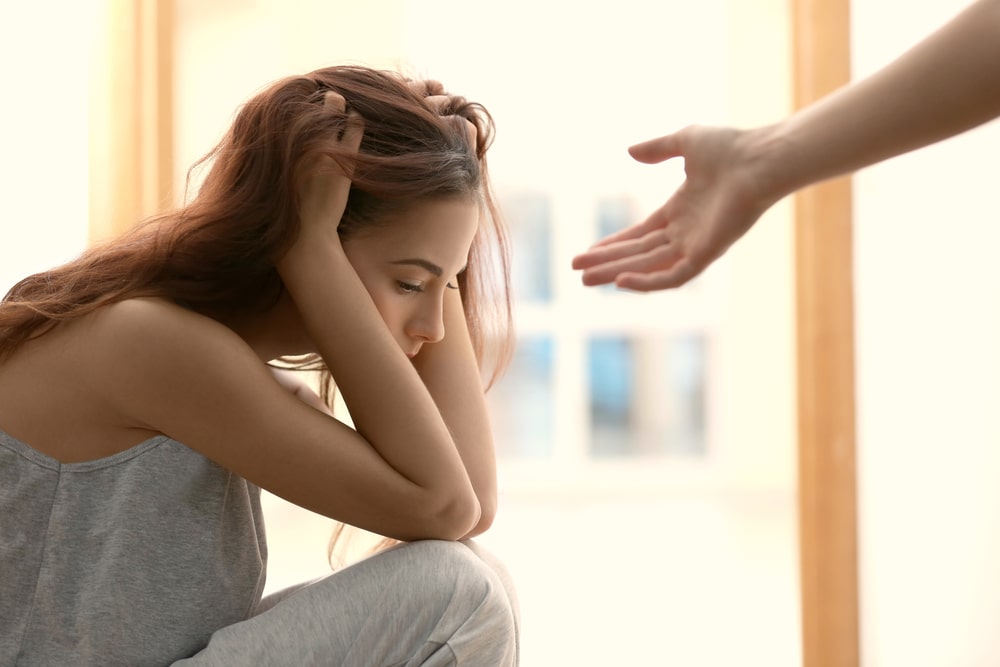
Every single one of these emotions is normal and well documented behavior for those who have lost a loved one to overdose or suicide. If you are experiencing any or all of these, you aren’t alone. Others who have lost a loved one in similar circumstances are feeling something akin to what you are feeling. They do not feel exactly what you feel – no two grief journeys are the same – but they are intimately familiar with the struggle to cope with a difficult loss. Remember – you feel this way right now, but it will not last forever.
Reach out to others who understand, talk to counselors, friends, and family members, surround yourself with people who are willing to listen. If you continue to walk through the journey through grief, sometimes fighting for every step you take, you will eventually find your way through to renewed hope and healing. And who knows? You may one day find yourself on the other side, ready to help another who is going through the pain of grief and loss.




